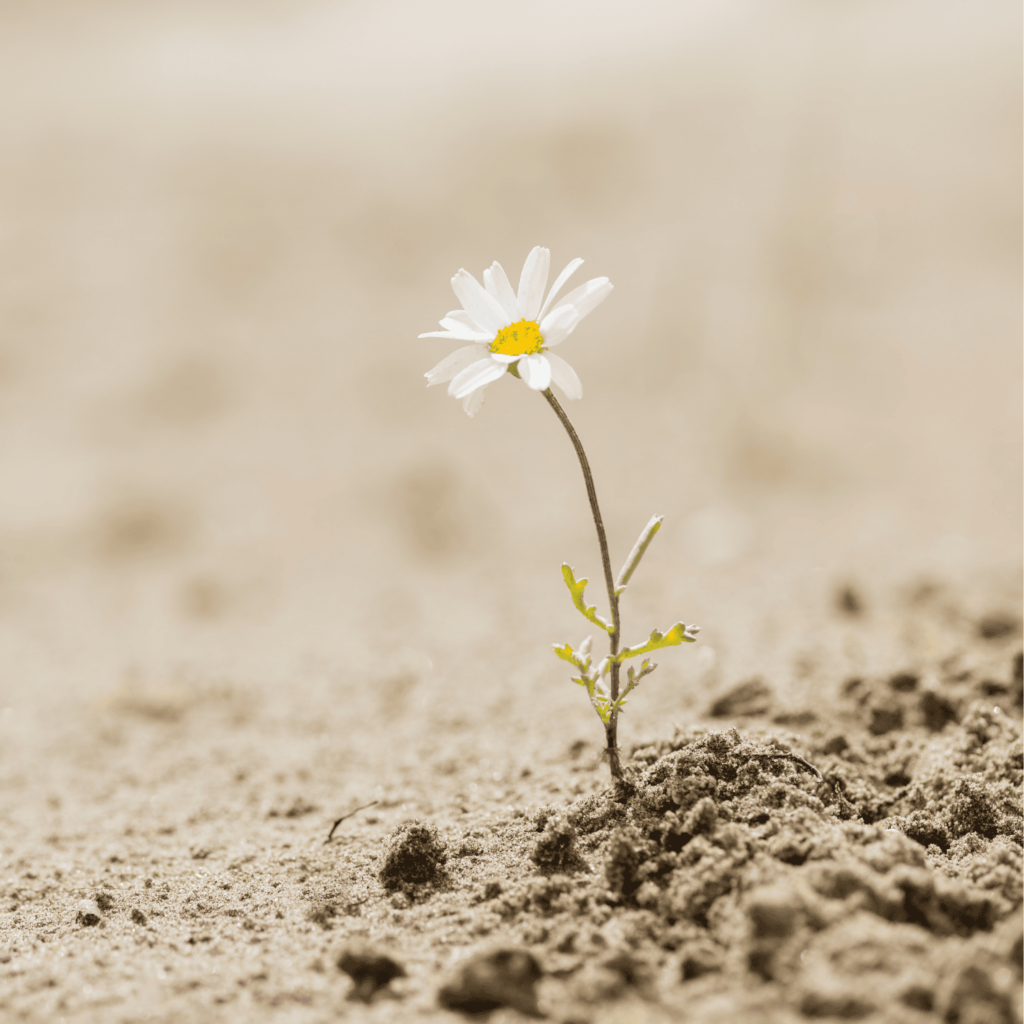In a world driven by constant distractions and rapid changes, finding the mental space to grow and adapt can be challenging. However, the interplay of mindfulness and a growth mindset offers a transformative approach to personal development. Both concepts encourage us to embrace challenges, learn from setbacks, and unlock our potential. By understanding and applying these tools, we can create a life rich with growth, learning, and resilience.
Understanding Mindfulness and Growth Mindset

Mindfulness is the practice of being fully present in the moment, without judgment. It allows individuals to observe their thoughts and emotions without becoming overwhelmed by them. Jon Kabat-Zinn, a pioneer of mindfulness-based stress reduction, describes mindfulness as “paying attention in a particular way: on purpose, in the present moment, and non-judgmentally.”
On the other hand, a growth mindset, a term popularized by psychologist Carol Dweck, refers to the belief that abilities and intelligence can be developed through effort, learning, and perseverance. Dweck explains, “In a growth mindset, challenges are exciting rather than threatening. So rather than thinking, oh, I’m going to reveal my weaknesses, you say, wow, here’s a chance to grow.”
Combining these practices can have a powerful impact on personal development, mental health, and overall well-being.
The Synergy Between Mindfulness and a Growth Mindset
1. Self-Awareness and Reflection
Mindfulness encourages self-awareness by helping us tune into our thoughts and emotions. This heightened awareness is essential for developing a growth mindset. When we are mindful, we can identify negative self-talk or limiting beliefs that hinder growth.

For example, imagine you fail a math test. A fixed mindset might lead to thoughts like, “I’m just not good at math.” Mindfulness allows you to observe this thought without judgment and challenge its validity. With a growth mindset, you might reframe the situation by saying, “I didn’t prepare enough this time, but I can improve with more practice.”
2. Building Resilience Through Acceptance
Growth often requires stepping out of our comfort zones and facing failure. Mindfulness teaches us to accept setbacks without attaching labels of success or failure. Instead of fearing mistakes, mindfulness helps us approach them as opportunities for growth.

As mindfulness expert Thich Nhat Hanh stated, “People have a hard time letting go of their suffering. Out of a fear of the unknown, they prefer suffering that is familiar.” Practicing mindfulness can help overcome this fear, fostering resilience and a willingness to take on new challenges.
3. Shifting Focus to the Process, Not the Outcome
A growth mindset emphasizes effort and learning over innate talent or final outcomes. Mindfulness complements this by keeping our attention rooted in the present. This combination helps us focus on the journey of improvement rather than being fixated on results.

For instance, consider a person learning a new language. A fixed mindset might lead them to quit after struggling with pronunciation. However, mindfulness encourages patience and focus on incremental progress, while a growth mindset reinforces the belief that consistent practice will lead to mastery.
4. Reducing Fear of Judgment
Mindfulness reduces fear of judgment by fostering self-compassion. When we are less critical of ourselves, we’re more willing to embrace challenges and learn from feedback. Research supports this, showing that mindfulness practices can reduce performance anxiety and improve emotional regulation.

Dr. Kristin Neff, a leading researcher on self-compassion, explains, “With self-compassion, we give ourselves the same kindness and care we’d give to a good friend.” This attitude aligns perfectly with a growth mindset, which thrives on learning rather than dwelling on perceived failures.
Practical Ways to Cultivate Mindfulness and a Growth Mindset
1. Daily Meditation Practices
Meditation trains the mind to stay present, reducing distractions and promoting focus. Even a 10-minute mindfulness meditation each day can help you become more aware of unproductive thought patterns and replace them with growth-oriented beliefs.

2. Journaling for Growth
Reflective journaling is a powerful tool to combine mindfulness and a growth mindset. Spend a few minutes each day writing about challenges you faced, how you responded, and what you learned. This practice enhances self-awareness and reinforces a positive approach to setbacks.

3. Embrace the Power of “Yet”
Language matters when cultivating a growth mindset. Adding “yet” to statements like “I can’t do this” transforms them into “I can’t do this yet.” Mindfulness helps you catch negative thoughts in real time, giving you the chance to reframe them constructively.

4. Mindful Goal Setting
Set goals that are challenging yet attainable, and align them with your values. Mindfulness ensures that you stay connected to the present moment, while a growth mindset keeps you motivated to persist.

5. Engage in Mindful Movement
Activities like yoga, tai chi, or even mindful walking can enhance your connection to the present and strengthen your resilience. These practices also provide opportunities to reflect on growth and adaptability.

Real-Life Examples of Mindfulness and Growth Mindset

Consider the story of Michael Jordan, widely regarded as one of the greatest basketball players of all time. Jordan famously said, “I’ve missed more than 9,000 shots in my career. I’ve lost almost 300 games. Twenty-six times, I’ve been trusted to take the game-winning shot and missed. I’ve failed over and over and over again in my life. And that is why I succeed.” His ability to reflect on failure, stay present, and persist exemplifies the power of combining mindfulness with a growth mindset.
Another example comes from the workplace. Leaders who practice mindfulness and encourage a growth mindset within their teams often foster environments where innovation thrives. Employees are more willing to experiment, take risks, and learn from mistakes when they feel supported and valued.
Mindfulness and a growth mindset are powerful tools for navigating life’s challenges and unlocking potential. Mindfulness provides the foundation for self-awareness and emotional regulation, while a growth mindset drives motivation and learning. Together, they create a dynamic duo that empowers us to embrace challenges, learn from setbacks, and grow continuously.
As Carol Dweck reminds us,

By cultivating mindfulness alongside a growth mindset, we can live more fulfilling lives, grounded in purpose and resilience.
So, take a deep breath, focus on the present, and remember: every moment is an opportunity to grow.





